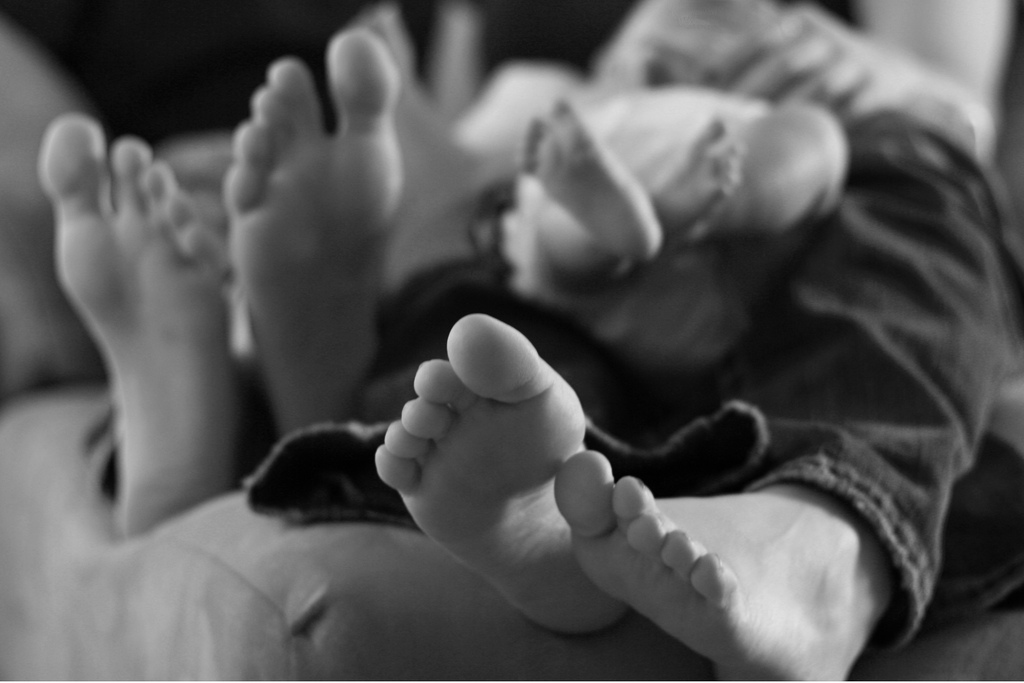Legally, landlords may place restrictions on units which impact all occupants, but regulations cannot vary based on the number or age of children. The federal government amended the Fair Housing Act of 1968 in 1988 to prohibit familial status discrimination, which is defined as households containing children under the age of 18. Familial status protection also applies to pregnant women and anyone securing legal custody of a child under 18. Due to the subtle discriminatory practices towards families with children, inequities are often overlooked by landlords and tenants.
As previously mentioned, discriminatory practices are typically subtle, using phrases which indicate a “preference” for adults, singles, or mature couples. Landlords may refuse to rent based on perceived risks to the property or endangerment of the child due to lead paint or steep steps. There are also more blatant instances when landlords cite noise complaints and non-family friendly units as grounds for denial. Nevertheless, all of these restrictions are illegal, shutting the door on housing opportunities for many single parent and large families.
U.S. Census data helps to contextualize these housing realities. With a 2 person per room restriction, a family of five living at the poverty level ($26,170 annual income) in 2011 had financial access to less than 18% of the rental housing market in Cook County. For this family to afford the median Cook County monthly housing costs of $1,150, the family would have to set aside nearly 53% of their annual income to cover the associated rent, taxes, and utilities. If a landlord unlawfully limits children per room to one or prohibits an adult from rooming with a child, the already burdened family would now have to search for a 4-bedroom apartment, effectively pricing the family out of the housing market entirely.
Often times, the potential tenant does not realize their rights have been violated. The National Fair Housing Alliance predicts that less than 1% of familial status discrimination complaints are reported annually. A recent study by The Urban Institute states that only about 38% of people know that it is illegal to treat households with kids differently from households without kids. Clearly, most familial status cases go unreported because the victims are unaware that a violation has taken place.
Local government and fair housing enforcement agencies must implement more robust community engagement surrounding familial status protection. It is important for the vibrancy of the housing market that all landlords and tenants are aware of all fair housing rights and understand the consequences of violating these policies. Through trainings, affirmative marketing, and public documents, communities can penetrate the housing industry and reach previously inaccessible audiences while educating stakeholders on fair housing. These tools can impact the market not only for the present, but also for the young people shaping our future.
By Ryan Dusil, Fair Housing Policy Research Assistant
Photo by Peggy

